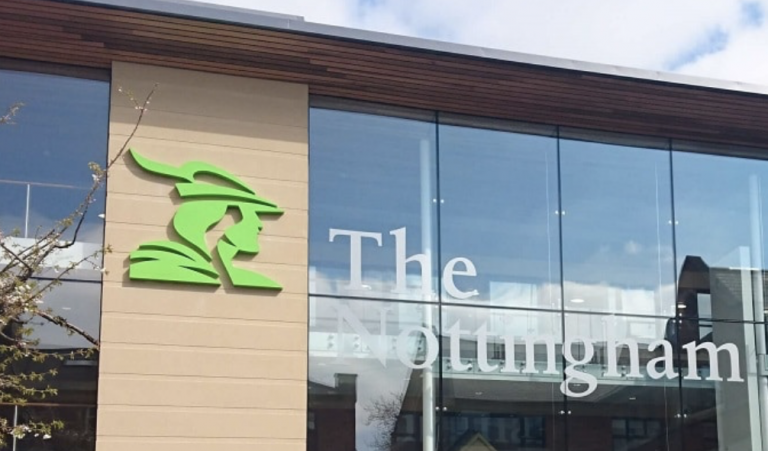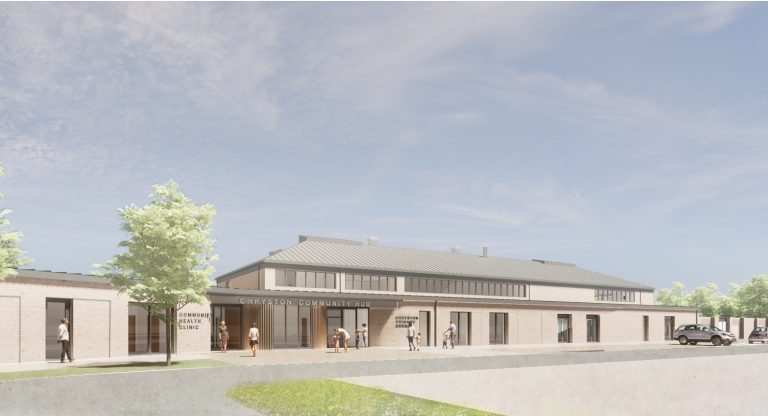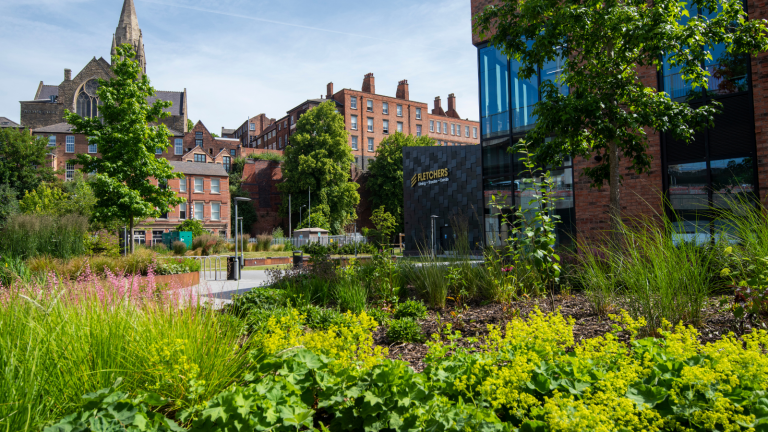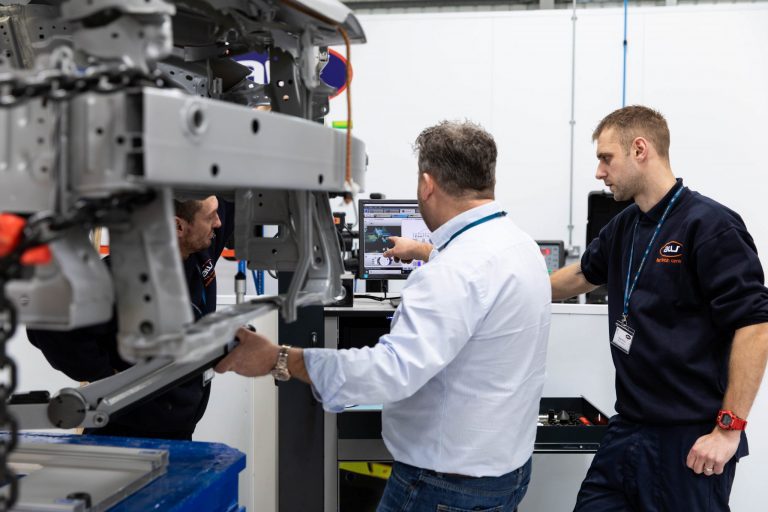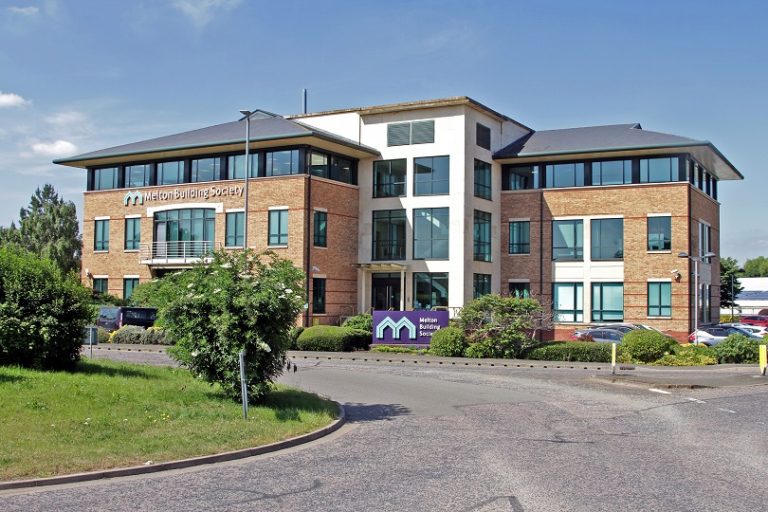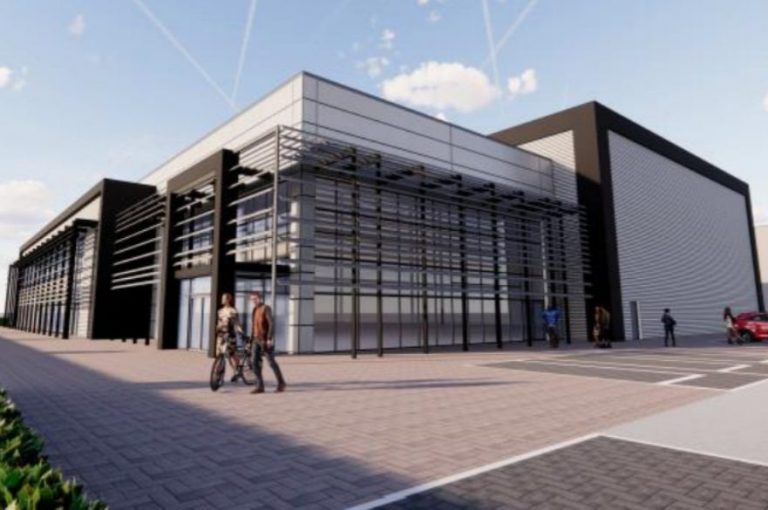Nottingham has reduced its carbon dioxide (CO
2) emissions by 57.7% per person in the last 15 years the latest review of the city’s Carbon Neutral Action Plan shows. This is the highest reduction for any core city in the country. The City Council and partner organisations across Nottingham have been delivering the plan for two years in order to tackle climate change. Positive results are being achieved and this is reflected in the city’s overall CO
2 emissions levels.
The Carbon Neutral Action Plan covers a range of themes that impact CO
2 emissions in Nottingham that aim to:
- Reduce CO2 emissions across six key areas: transport, energy generation, the built environment (buildings), water, waste and consumption (what we buy and use)
- Remove CO2 from the atmosphere
- Protect and enhance nature
- Protect the city from extreme weather events
Nottingham is aiming to be the first city in the UK to become carbon neutral by 2028, which is the most ambitious climate and environmental target in the country. The climate crisis remains one of the most complex challenges that our society faces, but over the past year the City Council has delivered some impressive achievements:
- Nottingham is considered one of the top 100 cities in the world for climate action
- Progress has been made to decarbonise vehicles in the city, with over 50% of the council’s fleet running on electric battery power while 30% of the city’s buses are either electric or run on biogas
- Work has begun on an innovative wireless taxi pilot project, which is a first for the UK
- To date, over 13,000 energy efficiency improvements have been made to social and privately owned homes through the Greener HousiNG schemes
- 9,000 new trees were planted in 2021-22 which , lower the temperature of the city, and make Nottingham greener
- Properties across Nottingham have been made more resilient to the impacts of climate changethrough flood management schemes
- Thousands of kilos of food waste avoided through redistribution project with FareShare Midlands.
Councillor Sally Longford, Portfolio Holder for Energy, Environment and Waste Services, said: “I’m pleased that we are continuing to reduce CO
2 emissions in Nottingham. To have the highest per person reduction in emissions of any core city in the UK is impressive and shows the hard work that we’ve been doing across the council and the city.
“However, we need to do even more. This year we’ve seen even more extreme weather events at home and around the world, so we can’t be complacent with the progress we’ve made to date. Together, the City Council, partner organisations, and the residents of Nottingham can come together to do our bit to tackle the climate crisis.
“I would like to encourage residents to get involved where they can – our Notts Green Rewards app has loads of suggestions to reduce your carbon footprint. Organisations in Nottingham can sign up to our ‘We Support CN28’ campaign to join more than 40 businesses who have committed to reducing their carbon emissions.”
Wayne Bexton, Director of Carbon Reduction, Energy and Sustainability, said: “To achieve a 57.7% reduction in carbon emissions since 2005 and be the leading core city on this agenda is testament to the work happening across the city with partners. We have challenges ahead in order to become carbon neutral, but we should celebrate the progress to date and harness the momentum to keep Nottingham at the forefront of tackling climate change.”


